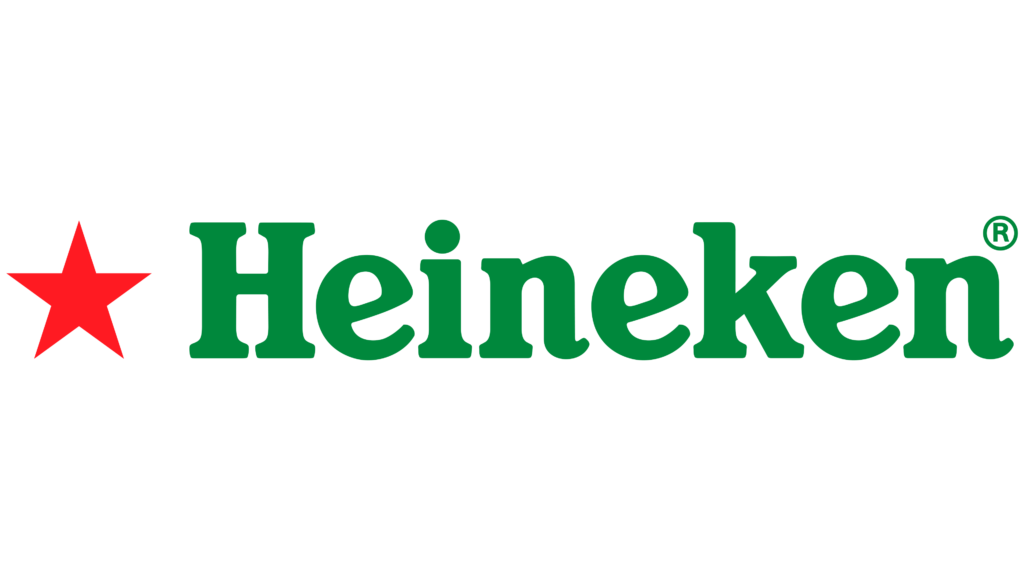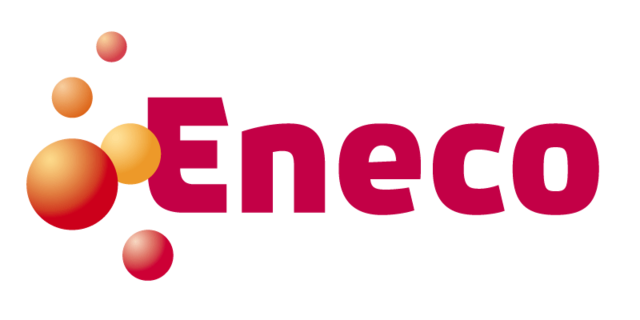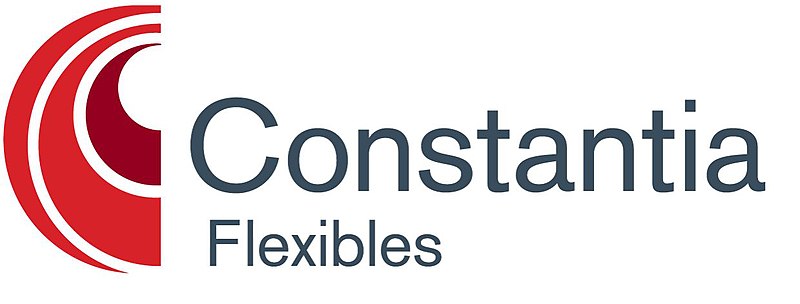







Healthcare professionals understand the importance of making the most of limited means. It’s not about working harder or faster; the most practical solution is to limit the amount of wasteful actions. Lean Six Sigma equips healthcare professionals with the tools and methods needed to emphasize customer-value adding actions and limit distractions. By using Lean Six Sigma, it becomes possible to streamline operations, optimize resource allocation, and standardize care procedures. Systematically addressing bottlenecks and inefficiencies has the added benefit of enhancing efficiency but also fosters patient safety, satisfaction, and well-being.
Lean Six Sigma helps caretakers align care delivery with individual needs, ensuring a tailored approach that ultimately elevates the quality of healthcare provided to a new level. Through Lean Six Sigma, healthcare workers are possess the means to alleviate work pressure and exceed patient expectations, not just once, but continuously.
Embracing the principles of continuous improvement and Lean Six Sigma holds immense potential for Financial organizations, especially those who aim to elevate their services and flexibility to suit new customer demands. By consistently refining customer-facing and internal processes, finance professionals can uncover and resolve inefficiencies, reduce costs, and enhance operating accuracy.
Lean Six Sigma’s waste and defect-reducing approaches ensure your department faces fewer issues. The results? Possessing the agility to respond to the latest market dynamics, more effective mitigation of financial risks, and improved customer satisfaction. Ultimately, a culture of process improvement drives organizations to consistently operate at their peak.
The difference between a good product and a great product comes down to how well you control your processes. Not just on an employee or task level, but down to the most minute tweaks of substances, chemicals, composition, treatment time and more. Lean Six Sigma’s tools and methods, such as Minitab, Design of Experiment and the Measurement Systems Analysis bring a new level of control and certainty to professionals in manufacturing-related industries.
A significant benefit of standardization through Lean Six Sigma is that consequent improvements to a workflow or process help each individual perform better. The continuous improvement philosphy strives to do away with individual tweaks and preferences that in reality often lead to waste and confusion. A unified standard upon which new improvements are built according to data will bring a new level productivity.
The packaging industry plays a pivotal role in safeguarding products and influencing consumer perception. Implementing Lean Six Sigma principle in Packaging helps to enhances customer satisfaction and maintains product quality. By applying Lean Six Sigma to ensure adherence to the first-time-right principle, costs and cycle times can be reduced massively. It also ensures consistent packaging quality, meeting regulatory standards and customer expectations.
The methodology’s DMAIC (Define, Measure, Analyze, Improve, Control) framework aids in identifying bottlenecks and devising data-driven solutions. As e-commerce expands to new heights every year, the packaging industry must grow with it and embrace Lean Six Sigma to balance sustainability with functionality, meet market demands and minimizing environmental impact.
Logistics and shipping constitute the lifeblood of global trade, ensuring the seamless movement of goods across borders. Embracing Lean Six Sigma in this realm optimizes supply chain processes. By eliminating inefficiencies, reducing lead times, and enhancing resource allocation, it bolsters cost-effectiveness and customer satisfaction. The methodology’s Define, Measure, Analyze, Improve, Control (DMAIC) approach empowers stakeholders to pinpoint operational bottlenecks, from order placement to final delivery.
Lean Six Sigma’s data-driven strategies facilitate route optimization, inventory management, and error reduction, resulting in timely deliveries and minimized waste. In an increasingly interconnected world, applying Lean Six Sigma principles in logistics and shipping is paramount for sustained competitiveness.
Lean Six Sigma principles have become a driving force in agriculture, revolutionizing processes and optimizing resource allocation. By eliminating waste and reducing variability, farmers can enhance yields, operational efficiency, and sustainability. Lean practices streamline activities like planting and harvesting, while Six Sigma ensures precision in aspects such as seed quality and equipment maintenance. These methodologies empower farmers to deliver top-quality products while conserving resources, boosting agricultural productivity, and promoting environmental responsibility.
Lean Six Sigma methodologies bring efficiency, welcome predictability and breathing room for teaching professionals to education. By minimizing wasted time and effort, and reducing variability, teaching processes become more effective and schedules find new gaps of time that offer education professionals much needed time to refocus and prepare. Lean principles streamline curriculum design, class scheduling, and resource allocation. Six Sigma ensures accuracy in grading, assessment, and student performance tracking. These approaches empower teachers, instructors and lecturers to deliver higher-quality education through optimized resource utilization.
Lean Six Sigma brings substantial benefits to the mining industry by fundamentally transforming operations and improving resource utilization. This approach’s core principles, aimed at reducing waste and variability, have led to remarkable enhancements in mining processes, resulting in elevated productivity and sustainability. The integration of Lean methodologies optimizes excavation, transportation, and processing, minimizing unnecessary steps and maximizing efficiency. Simultaneously, Six Sigma’s implementation ensures precise quality control, stringent safety measures, and effective equipment maintenance. These combined methodologies empower mining companies to extract minerals and resources with unparalleled efficiency, contributing to reduced environmental impact and heightened safety standards. Ultimately, Lean Six Sigma not only elevates operational excellence but also paves the way for a more sustainable and responsible mining industry.
HELPING COMPANIES TO EXCEL
Since our foundation in 2002, we have organized many open registration training courses. We have trained more than 8.000 participants from all industries and have seen hundreds of practical assignments. These vary from multinationals to individuals in both the profit and non-profit sectors.
In addition to the open registrarions, we are also very proud of the fact that we have trained groups of students from the organizations listed below in-company.















